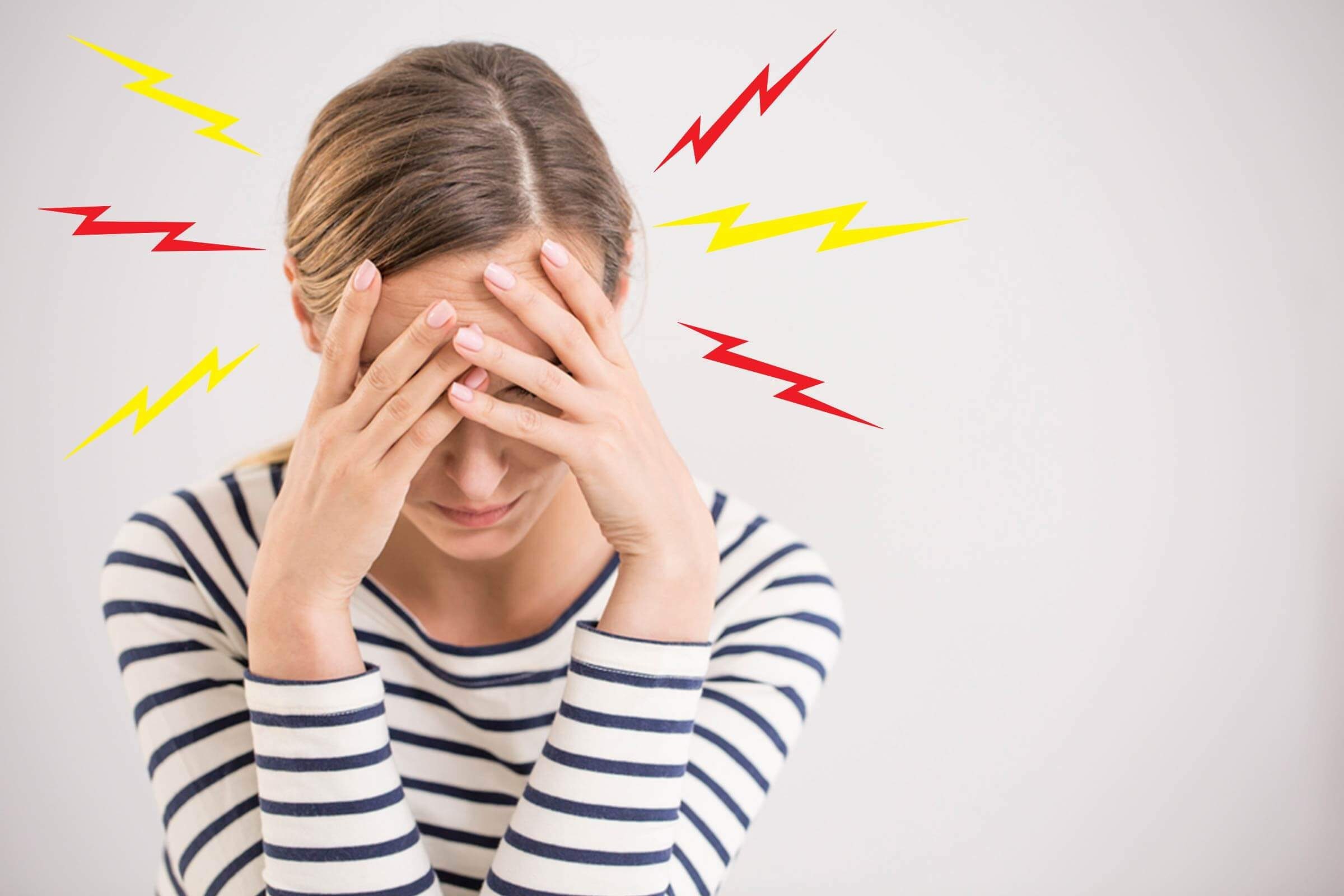Every 10 seconds, someone in the United States goes to the hospital complaining of head pain. Over one million of these visits are for migraine headaches.
A whopping 12 percent of Americans get migraines, with women disproportionately affected. Roughly one in four women will experience a migraine in her lifetime, and women are three times more likely than men to struggle with migraines.
If you struggle with migraine pain but prefer to avoid conventional medications (or find that they don't work for you), alternative migraine treatments may provide the relief you seek. Here are some of my favorite home remedies for migraines.
Magnesium
Magnesium is a natural calmative, relaxing the muscles and gently dilating blood vessels. It can help get a better night’s sleep (insomnia is a major trigger for migraines) and helps us manage stress more effectively. The Canadian Headache Society gives magnesium a “strong recommendation” for migraine prevention. The recommended dose of magnesium for migraines is 400-600 mg per day.
Ginger
In one study, 100 people suffering from migraines used either 250 mg of ginger or 50 mg of the prescription migraine medicine sumatriptan for one month. The treatments worked equally well, with both groups experiencing 90% decrease in severity within two hours of treatment. The only difference? Ginger was better tolerated.
Riboflavin (vitamin B2) One theory about migraines is that they are caused by mitochondrial dysfunction in brain cells. (Mitochondria are the powerhouses within our cells.) Riboflavin helps maintain normal energy production in brain mitochondria. I generally think of riboflavin for those who have extreme light sensitivity as a trigger for their migraines.
Photosensitivity is actually a sign of riboflavin deficiency. It also receives a “probably effective” rating from the American Headache Society.
Peppermint
Peppermint is a wonderfully simple remedy for all kinds of headaches. Massaging your temples and forehead with peppermint oil may work as well as over-the-counter pain relievers. You can purchase peppermint oil roll-on products and headache balms, which work great.
How to Use: Gently rub oil into temples, forehead, neck, and shoulders, being careful to avoid the eyes.
Caffeine
If you’re a coffee drinker who gets migraines, you may already know that small doses of caffeine can help ease the pain.
Caffeine has been shown to provide migraine sufferers with more relief than a placebo. This is why caffeine is added to over-the-counter pain relievers like acetaminophen, creating a formula specifically designed to treat migraine headaches.
If you decide that you want to stop drinking coffee or black tea (or other caffeinated beverages) – make sure you titrate down so you don’t trigger a migraine!
Identify Your Triggers
The best way to deal with migraines is to stop them before they start. A variety of different things can trigger migraines — hormone fluctuations, bright lights, fatigue, certain foods, stress, and dehydration are just some of the many known migraine triggers. Also, a couple nights of poor sleep is definitely a trigger. If you can identify your own personal triggers, you can work to avoid them. Keeping a journal helps figure out which lifestyle factors may be causing your migraines.
Try Yoga, Massage, or Acupuncture
Yoga, massage, and acupuncture have all been shown to ease migraine headaches. Relaxing practices like yoga may be especially useful for those whose migraines are triggered by stress. And who doesn’t love a good massage? As for acupuncture, it has a long history of use for pain relief.
Naturally, I hope these suggestions will help you in your quest for natural migraine relief. I know how debilitating migraines can be when they strike, but I also know they can be managed. Don’t give up hope!
References
- Grossman W, Schmidramsl H. An extract of Petasites hybridus is effective in the prophylaxis of migraine. Altern Med Rev. 2001;6(3):303-310.
- Maghbooli M, et al. Comparison between the efficacy of ginger and sumatriptan in the ablative treatment of the common migraine. Phytother Res. 2014;28(3):412-415.
- Göbel H, et al. Peppermint oil in the acute treatment of tension-type headache. Schmerz. 2016;30(3):295-310.
- Lipton RB, et al. Caffeine in the management of patients with headache. J Headache Pain. 2017;18(1):107.
- Millstine D, et al. Complementary and integrative medicine in the management of headache. BMJ. 2017;357:j1805.
